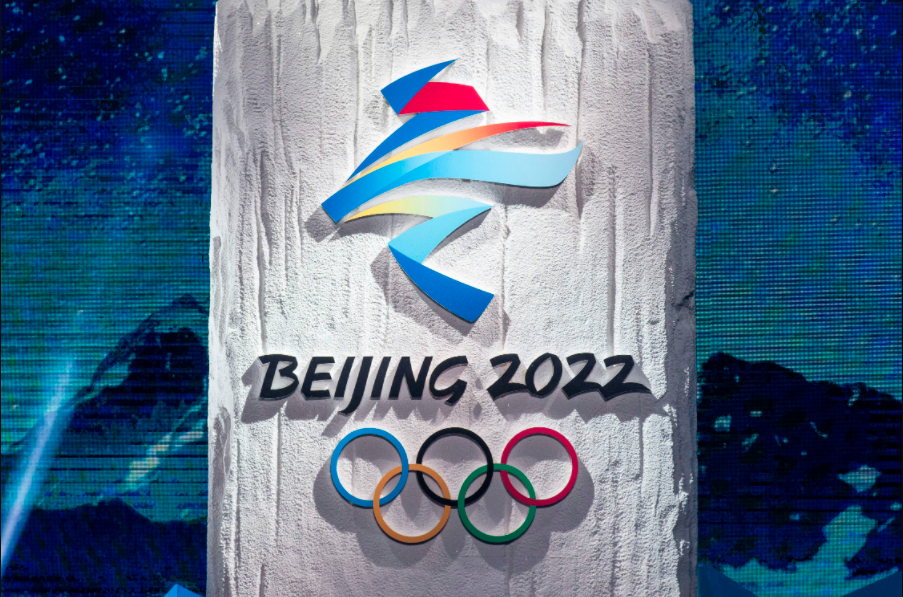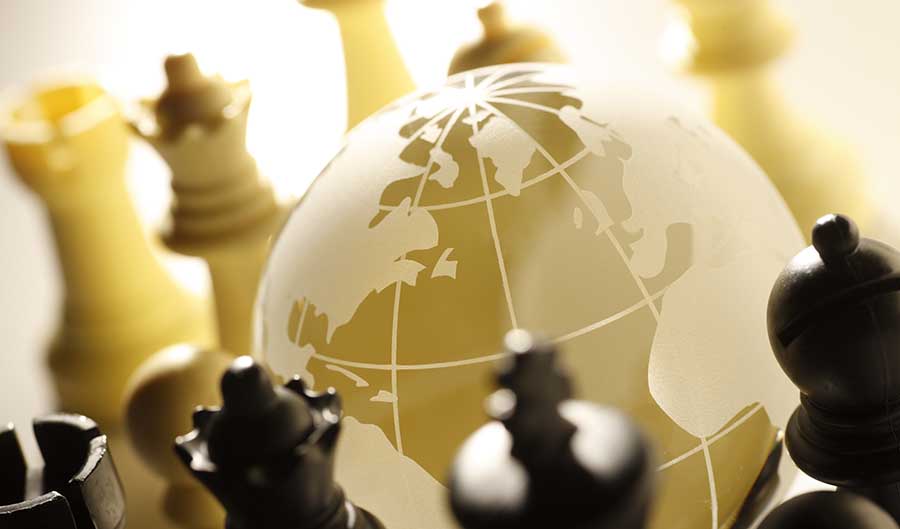Zhang Bei, Assistant Research Fellow, China Institute of International Studies
Dec 24, 2021
Europe is working out its own path in light of China-U.S. tensions. It will only cooperate with the U.S. on China where it suits its own politics and interests and with its own approaches and tools.
Li Yan, Director of President's Office, China Institutes of Contemporary International Relations
Dec 22, 2021
The recent Summit for Democracy organized by U.S. President Joe Biden, indicates a new long-term focus for the US-China rivalry. This can be destructive. Whether the two countries can coexist without catastrophe is at the top of the agenda.
Dec 21, 2021
The past week saw an increasing number of restrictions placed by the U.S. against Chinese entities.
Philip Cunningham, Independent Scholar
Dec 20, 2021
The upcoming Winter Olympics may have been an opportunity for the U.S. to make a friendly entrance to China - instead, the official boycott by White House representatives has made it the latest of barbed exchanges between the two powerful nations.

Yang Wenjing, Research Professor, Institute of American Studies, CICIR
Dec 15, 2021
Playing to his domestic audience, the U.S. president must appear tough on human rights. But this has its limits. America’s half-baked Olympic boycott applies only to diplomats, not to athletes. To do more would risk domestic and international blowback.

Chen Jimin, Guest Researcher, Center for Peace and Development Studies, China Association for International Friendly Contact
Dec 15, 2021
The postwar foundation laid by the United States has been shaken, and the Western model is in trouble as never before. The primary creator of the liberal international order has unwittingly sabotaged itself.
Yu Yongding, Former President, China Society of World Economics
Dec 14, 2021
In 2018, Steve Bannon, then-US President Donald Trump’s chief strategist, argued that the United States needed to “decouple” from China. Since then, the term has become a fixture in discussions of Sino-American relations – to the point that some, such as former Australian Prime Minister Kevin Rudd, have warned that it could become a self-fulfilling prophecy. How salient is that risk today?
Sun Chenghao, Fellow, Center for International Security and Strategy of Tsinghua University; Munich Young Leader 2025
Dec 14, 2021
President Joe Biden inherited his predecessor’s strategy of great power competition, but he has now changed its style and approach. No longer is it “America alone” but a new method making better use of its values, position in global governance and strategic alliances.
Brian Wong, Assistant Professor in Philosophy and Fellow at Centre on Contemporary China and the World, HKU and Rhodes Scholar
Dec 09, 2021
The future of Sino-American relations rests with maximising the yield of what can be changed, and minimising the relevance of what can’t be changed. The multitude of differences that the U.S. and China can’t resolve must be set aside to allow for genuine change to take place.
Jin Liangxiang, Senior Research Fellow, Shanghai Institute of Int'l Studies
Dec 09, 2021
While the United States talks about the need to prevent conflict with China, it engages purposefully in sabotage — especially regarding Taiwan and the South China Sea. While nations can design mechanisms to deal with unforeseen events, no guardrail can prevent a deliberate act.
Back to Top

- China-US Focus builds trust and understanding between the U.S. and China through open dialogue among thought leaders.
- Our Offerings
- Topics
- Videos
- Podcasts
- Columnists
- Research Reports
- Focus Digest
- Stay Connected
-
Thanks for signing up!
- Get the latest stories from China-US Focus weekly.